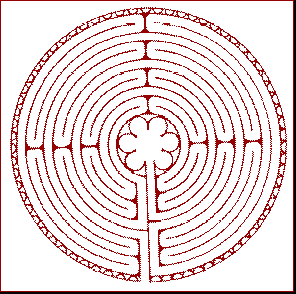In the wake of #MeToo or #Survivor, we find ourselves confronted with a set of new imperatives: Talk about your trauma! Share your personal story! Make it known! Break the silence! Yet, while these campaigns suggest condensing individual or shared history into 240 characters, we should not forget that literature has always provided a platform for speaking the unspeakable. Writing about traumatic experiences is as old as writing itself. War and pain, loss and grief, wounds and scars, violence, abuse, anger, and revenge are prominent topics in classical mythology, epic or tragedy. Traumata keep finding their way into text – aestheticized or autobiographical, sublime or personal, resentful or therapeutic, accusing or forgiving. But also the ancient models return: Ancient warriors speak to contemporary veterans, enabling them to speak about their own experiences. Classical heroines show todays’ victims of sexual violence that they are not alone. If it’s time to talk about trauma, it’s also time to consider the role of myth for the discourse on trauma. Bridging trauma studies and literary/classical/reception studies, we aim to connect different times, cultures, languages and genres.
Check our events calendar for details.
Rewriting Trauma
Virtual Symposium
To observe or participate via Zoom, contact Derek Wiebke (dwiebke@uw.edu)!
- 2:30-2:40 Welcome & Introductory remarks Océane Felisaz
Panel 1 Reading the Wound: Theory and Praxis (Moderator: Sophie Seidler)
- 2:40-2:55 “Stork Augury” Helen Alpern (UW & Pomona College)
- 2:55-3:05 Response & discussionka
- 3:05-3:20 “From Trauma in Myth to Trauma in Life: Reparative Reading to Temper Trauma Beyond Myth” Megan Butler (UW English)
- 3:20-3:30 Response & discussion
Panel 2 The Wound Retold: Myth and Trauma (Moderator: Helen Alpern)
- 3:30-3:45 “Re-interpreting Mythological Icons” Detlev Weber (UW German)
- 3:45-3:55 Response & discussion
- 3:55-4:10 “A Minotaur’s Memoirs of Soviet Bulgaria: Myth and Melancholy in Georgi Gospodinov’s Physics of Sorrow” Sophie Seidler (UW Classics)
- 4:10-4:20 Response & discussion
- 4:20-4:35 “Nightingales” Kaitlyn Boulding (UW Classics)
- 4:35-4:45 Response & discussion
- 4:45-5:00 Coffee Break
Panel 3 War Wounds: Historical Trauma (Moderator: Detlev Weber)
- 5:00-5:15 “The Language of the Enemy is the Language of Healing” Aaron Carpenter (UW German)
- 5:15-5:25 Response & discussion
- 5:25-5:40 “Dress your wounds, Austria! But don’t let them heal! Ecological Bandaging in Elfriede Jelinek’s Die Kinder der Toten” Derek Wiebke (UW German)
- 5:40-5:50 Response & discussion
- 5:50-6:05 “Past Trauma and Anticipatory Anxiety: Playing and Healing with Alternative Histories in Philip K. Dick’s The Man in the High Castle” Océane Felisaz (UW French Studies & Comparative Literature, Université Jean Moulin Lyon III, France)
- 6:05-6:15 Response & discussion
- 6:15-6:30 Concluding Discussion Megan Butler
